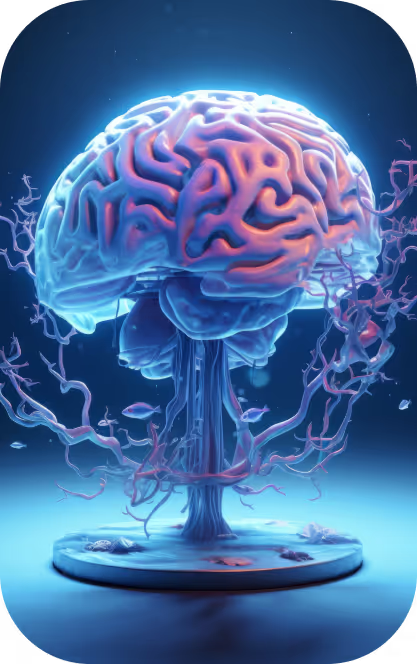Noosphere and modern knowledge management paradigms


The concept of the noosphere, proposed by the prominent Ukrainian scientist Vernadsky, envisages the evolution of the biosphere into a new state where the mind becomes the dominant force. This idea, despite having been developed in the late nineteenth century, remains relevant today, especially in the context of rapid technological development and the growth of information.
Modern knowledge management paradigms, such as collective intelligence, personalised learning and open innovation, have their roots in the ideas of the noosphere. They reflect humanity's desire to use intellectual resources more efficiently and create a more harmonious world.
In the face of global challenges, such as climate change and social inequality, knowledge management based on the principles of the noosphere can be the key to sustainable development. It is worth noting that the idea of the noosphere implies not just the accumulation of knowledge, but its transformation for the benefit of all humanity. In the context of sustainable development, the noosphere appears as a sphere where knowledge is aimed at solving global problems and preserving the planet.
In today's world, where information technology is rapidly changing all aspects of our lives, the concept of the noosphere is taking on new dimensions. Technology platforms and digital tools are creating opportunities for unprecedented knowledge sharing and collaboration on a global scale. These tools allow scientists, engineers, entrepreneurs, and the public to join forces to jointly address important human challenges. Thus, modern knowledge management paradigms, supported by the concept of the noosphere, not only foster innovation, but also provide a basis for creating sustainable systems focused on the long-term development and well-being of all the world's inhabitants.










